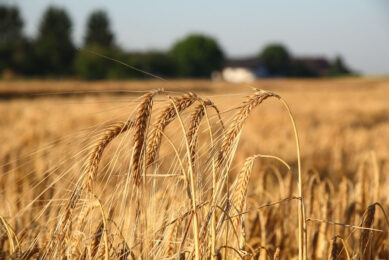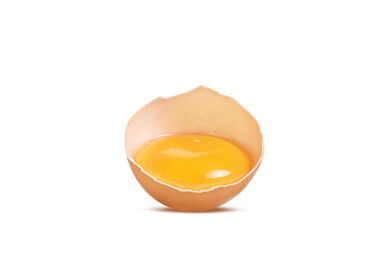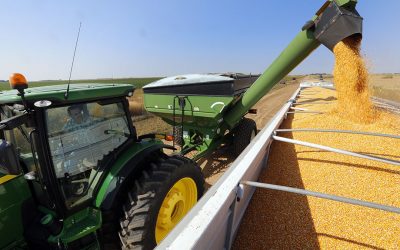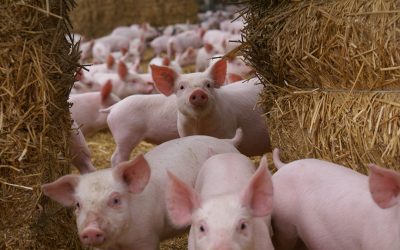EU approves six GM maize varieties for import
The approval on Wednesday of six GM maize varieties by the European Commission for import into the European Union is a further sign that the bloc desires to speed up EU decisions on genetically modified crops.
Under EU rules, the European Commission granted the import approvals unilaterally after EU farm ministers failed to reach a decision on the applications in June.
“The six adoptions of today are the result of a usual and standard procedure concerning the authorisation of GMOs to be used in food and feed and have no link with the recently adopted package on cultivation,” the Commission said in a statement.
The varieties are only to be used in animal feed.
Union divided
The European Union has been divided for years over genetically-modified foods and the European Commission has proposed new rules aiming to break an impasse that has severely limited the cultivation of such crops.
Agriculture ministers meeting last month in Luxembourg were unable to reach a qualified majority on maize from US biotech firms Monsanto and Pioneer, and Swiss company Syngenta to be used for feeding animals, not cultivation.
Under European Union rules, the decision was passed on to the European Commission, which gave the six maize types the green light because they were scientifically sound, a commission spokesman said.
New rules
Two weeks ago, the EU’s executive arm proposed new rules that would give individual EU states the ultimate power to ban or grow genetically-modified crops, and get past the decision deadlock.
The hope is that the new rules that will apply will get past this problem about member states that like GMOs (genetically-modified organisms) and those that don’t like GMOs.
The authorisations for the maize that won approval for animal feed on Wednesday are valid for 10 years. One of them, Syngenta’s Bt11 maize, was up for renewal while the five others were new authorisations.











